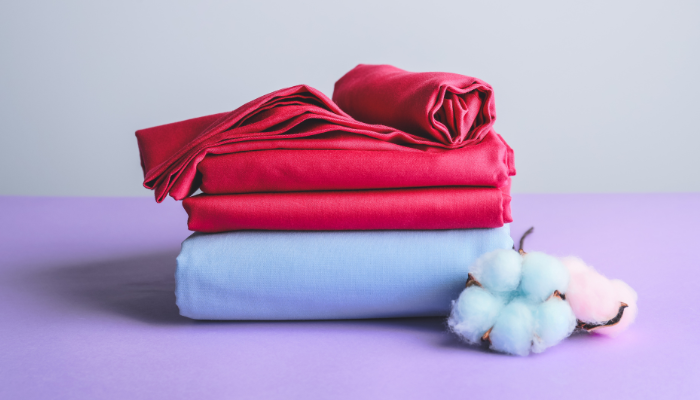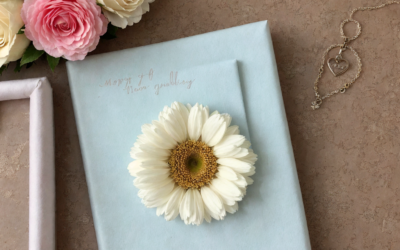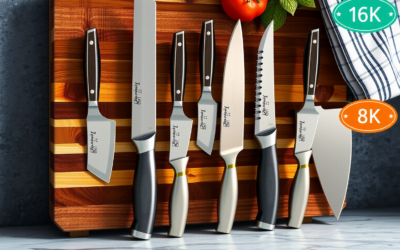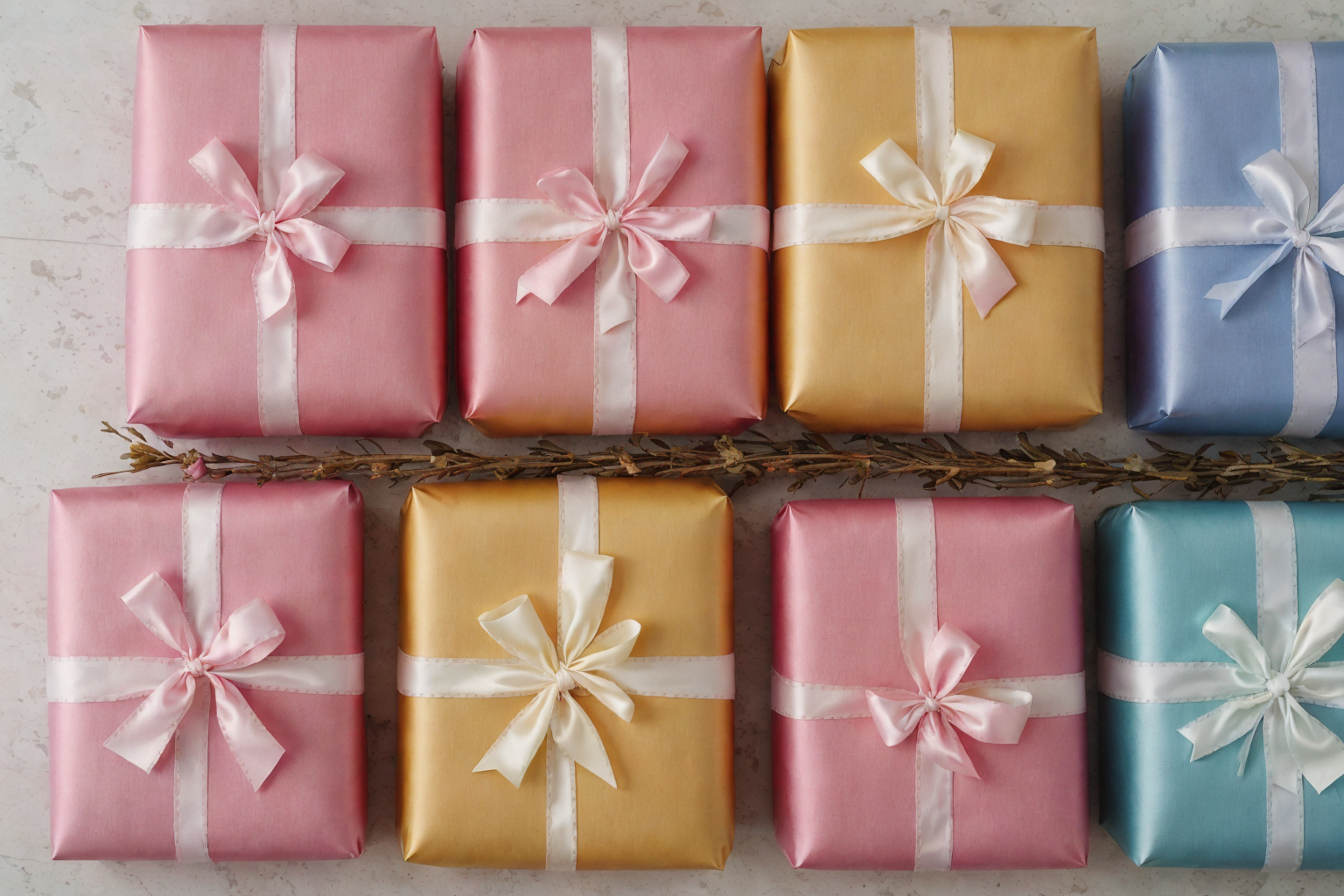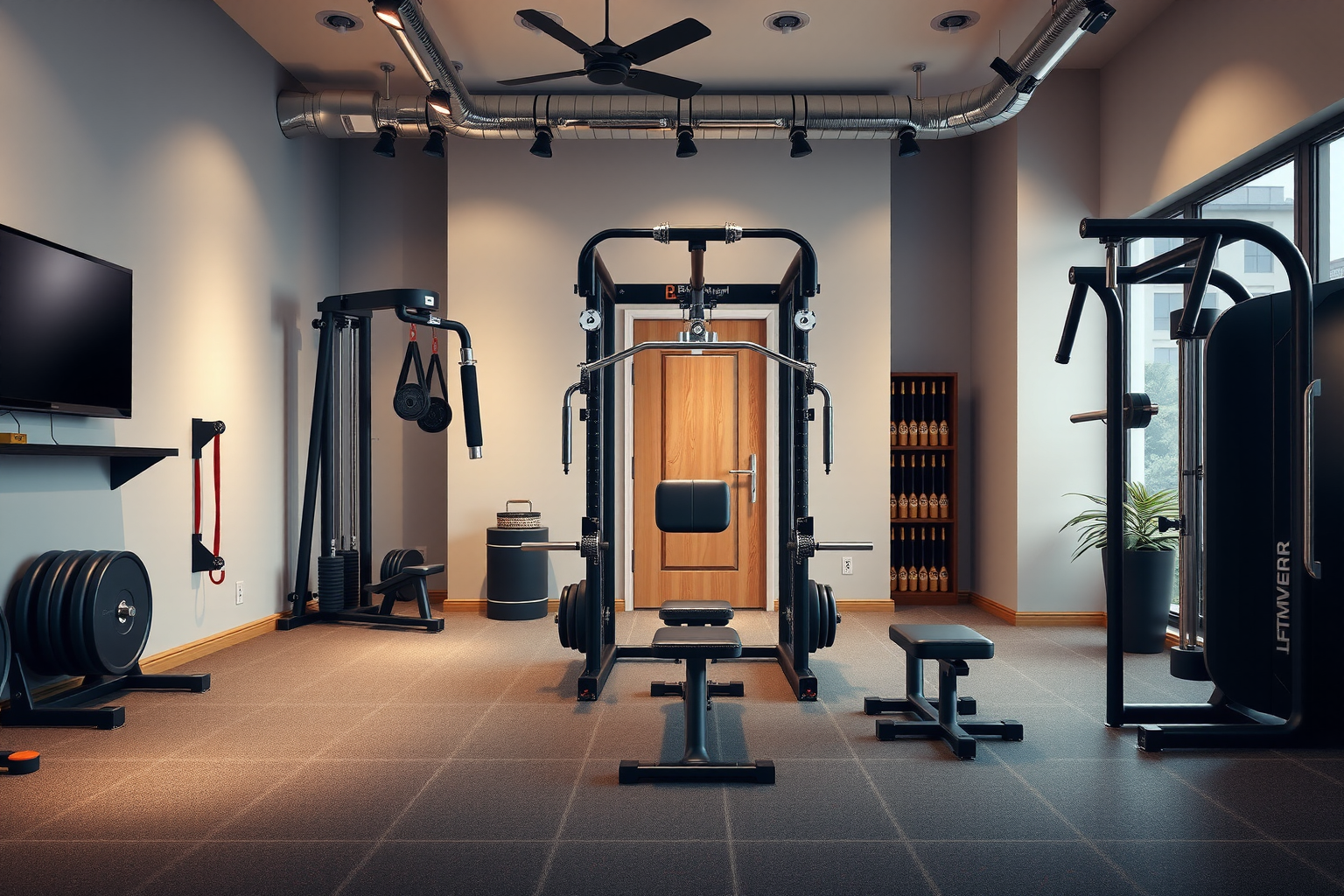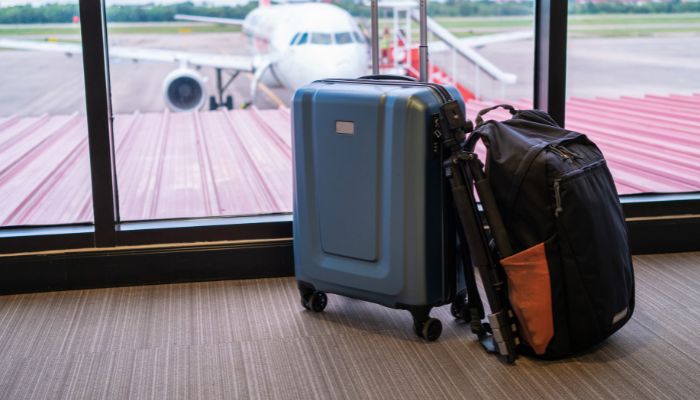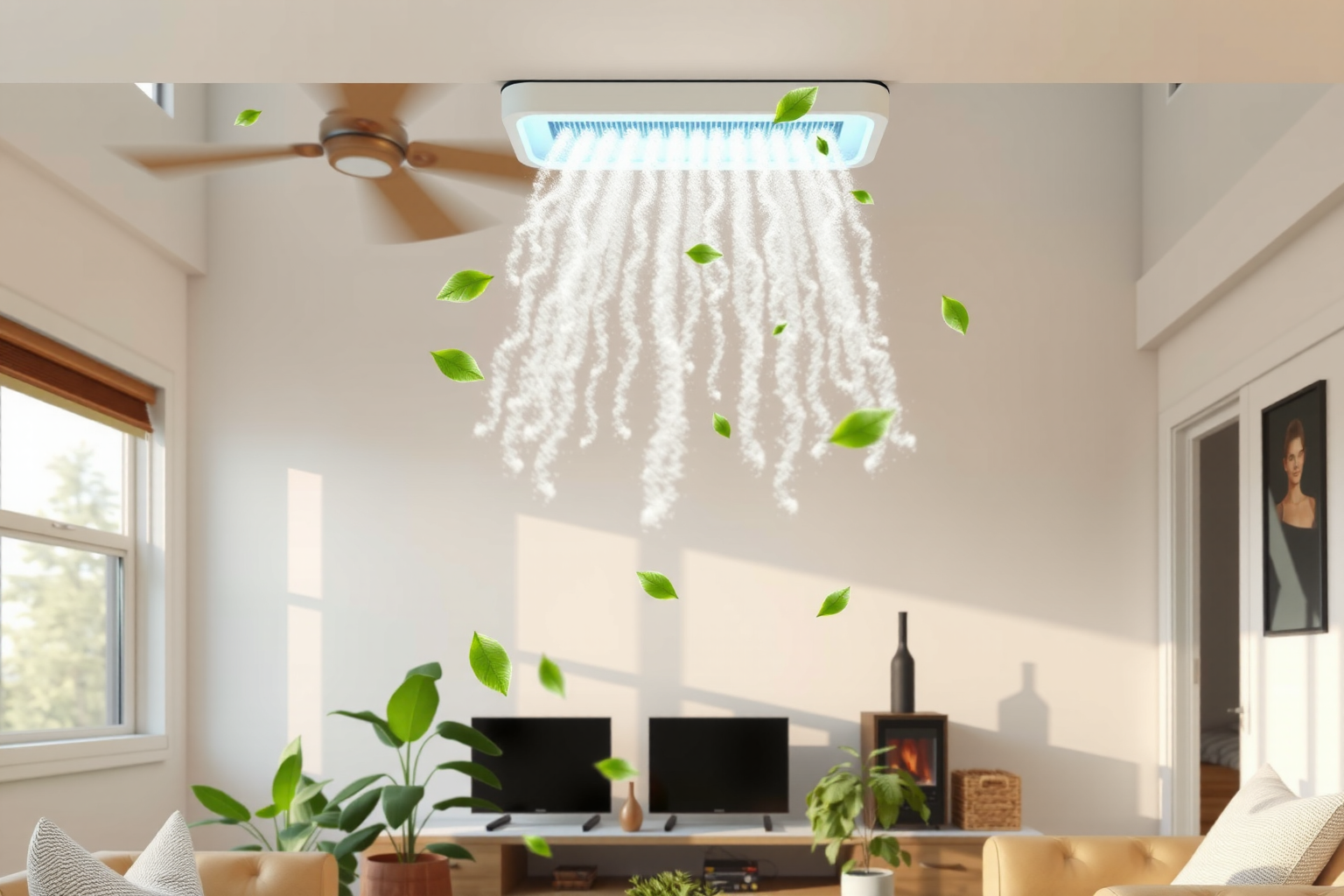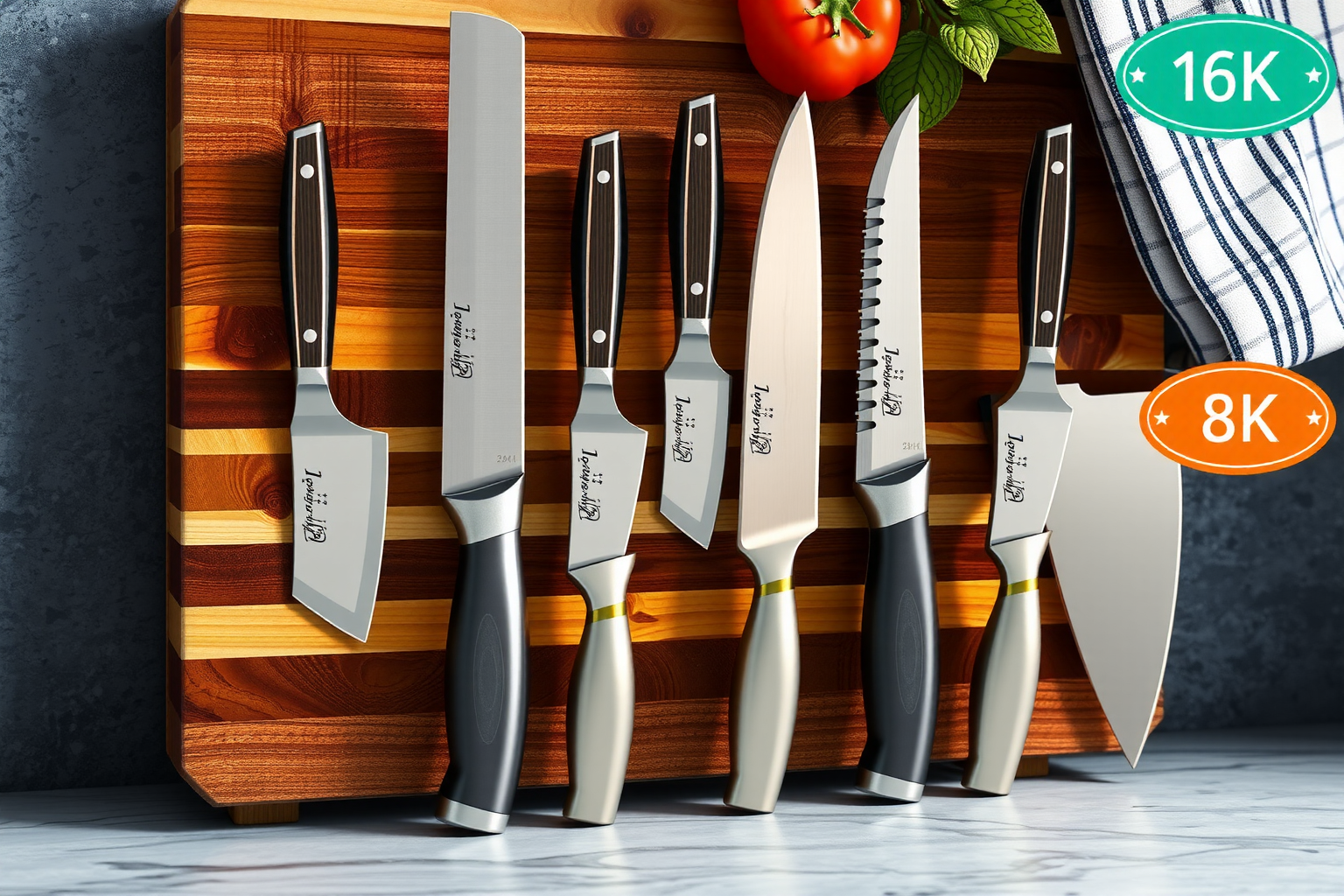When it comes to achieving the perfect night’s sleep, the quality of your bedding isn’t just a detail—it’s the foundation of comfort and rest. From the moment you slip into bed, the feel of your sheets against your skin can make the difference between a restless night and a rejuvenating slumber.
Among the countless options available, Egyptian cotton stands out as the gold standard, celebrated for its unrivaled softness, durability, and breathability. It’s no wonder that Egyptian cotton sheets have become a staple in luxury hotels and high-end homes around the globe, offering a sleep experience that’s as indulgent as it is practical.
For an even deeper dive into creating your ideal sleep setup, check out our companion post, Discover the Best Sheets and Comforters for a Better Sleep, where we explore more ways to elevate your rest.
Here, though, we’re zeroing in on Egyptian cotton sheets—why they’re worth the investment, and how they can turn your bedroom into a sanctuary of comfort and dreams. Ready to upgrade your sleep game? Let’s unravel the magic behind this luxurious fabric.
But what exactly makes them so special?
If you’re ready to upgrade your sleep experience, keep reading to discover why Egyptian cotton sheets are worth the investment and how it can transform your nights into a dream.
Why is Egyptian Cotton Sheets So Popular?
1. Superior Fiber Quality
Egyptian cotton comes from a unique variety of cotton plants grown in the Nile River Valley in Egypt. The region’s climate and soil are ideal for producing long, fine cotton fibers, which are much longer than the fibers found in regular cotton.
These long fibers are spun into fine yarns, resulting in fabrics that are smooth, strong, and less likely to fray or pill over time. The longer fibers also contribute to the cotton’s luxurious feel.
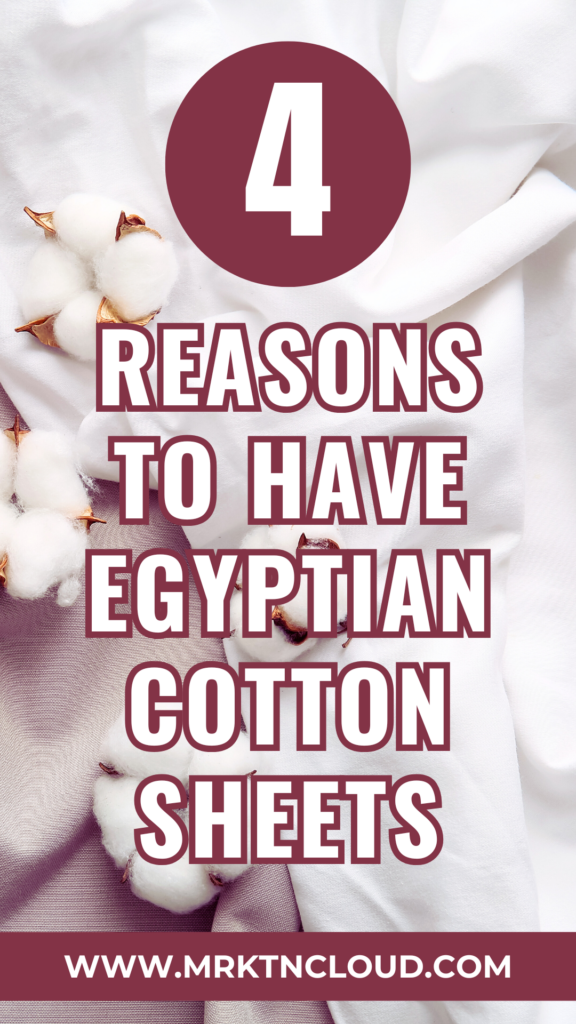
2. Softness and Comfort
Because of its long fibers, Egyptian cotton sheets are incredibly soft to the touch. Sheets made from this cotton feel silky smooth against your skin, which is one reason why they are a preferred choice for high-end, luxury bedding. Over time, Egyptian cotton becomes even softer with each wash, offering an experience of comfort that’s hard to beat.
3. Durability
The quality of Egyptian cotton fibers means the fabric is not only soft but also durable. It’s resistant to wear and tear, which means Egyptian cotton sheets last longer than regular cotton sheets. With proper care, they can maintain their luxurious feel for years, making them an excellent investment in your sleep.
4. Breathability and Moisture Wicking
Egyptian cotton is also highly breathable, which helps regulate your body temperature while you sleep. If you tend to sleep hot, Egyptian cotton’s natural breathability will keep you cool, while it’s also warm enough for cooler nights. Additionally, it has moisture-wicking properties, meaning it can absorb and release moisture, keeping you dry and comfortable through the night.
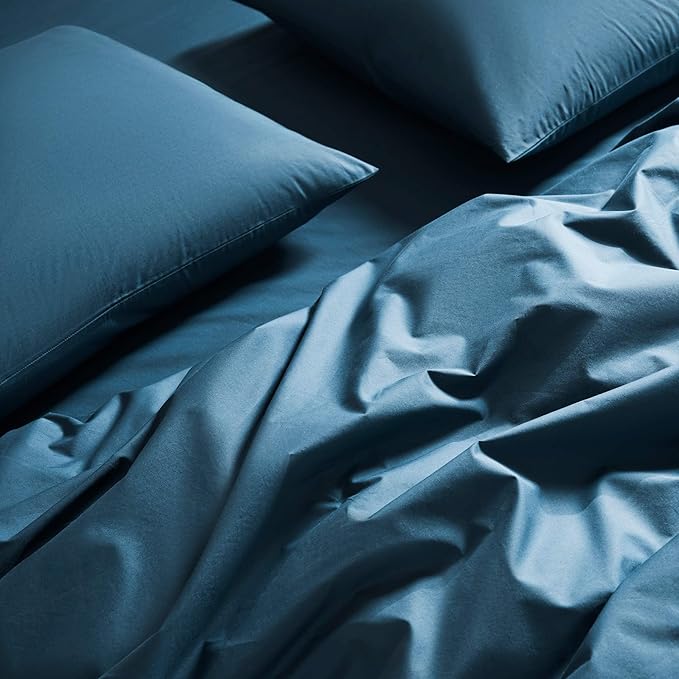
Brooklinen Luxury 4 PIECE SHEET SET: Cool and crisp, our Classic Percale Sheets feature a breathable 270 thread count weave for that timeless, hotel-style luxury.
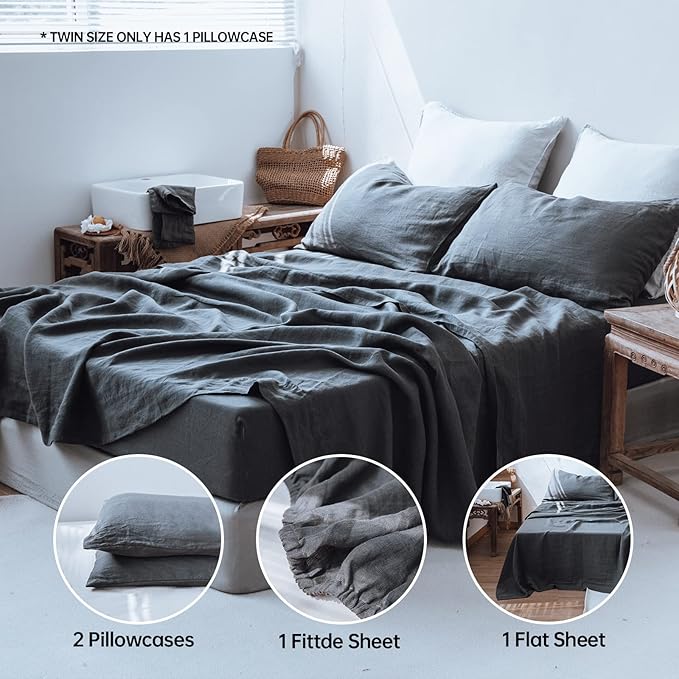
Unique breathable, cool feeling in summer, no sweating concern; Also a great choice for winter, wonderfully warm.
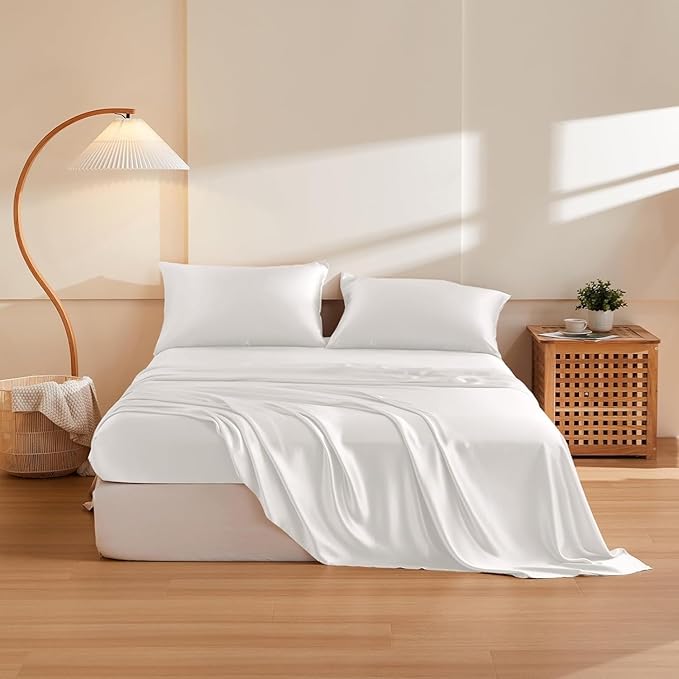
Natural Mulberry Silk Bed Sheets, Luxury Bedding Sets, Ultra Soft Durable. Protect your skin and regulate your temperature
What Do Egyptian Cotton Sheets Feel Like?
Egyptian cotton sheets feel exceptionally soft, smooth, and luxurious. They have a crisp yet silky texture that becomes even softer over time with washing. The extra-long staple fibers create a breathable and durable fabric that provides a premium sleeping experience.
Is Egyptian Cotton Softer Than Regular Cotton?
Yes, Egyptian cotton is significantly softer than regular cotton due to its long-staple fibers. These fibers produce finer, smoother threads, making the fabric softer, more durable, and resistant to pilling. Additionally, Egyptian cotton tends to improve in softness with each wash.
What Are the Disadvantages of Egyptian Cotton?
While Egyptian cotton is known for its superior quality, it does have some drawbacks. Below is a table outlining the main disadvantages:
| Disadvantage | Details |
|---|---|
| Higher Cost | Egyptian cotton is more expensive than regular cotton due to its premium quality and long-staple fibers. |
| Requires Special Care | Needs gentle washing, avoids harsh detergents, and should be dried on low heat or air-dried to maintain its softness and durability. |
| Longer Drying Time | The high absorbency of Egyptian cotton means it retains more moisture and takes longer to dry compared to other cotton types. |
| Possible Mislabeling | Not all products labeled as “Egyptian cotton” are 100% authentic; some may be blended with lower-quality cotton. |
| Wrinkles Easily | Egyptian cotton sheets tend to wrinkle more than synthetic fabrics, requiring ironing or steaming for a smooth look. |
What to Do with Egyptian Cotton for the First Time You Get It?
It is recommended to wash Egyptian cotton sheets before first use to remove any residual chemicals from manufacturing. Use cold or warm water with a mild detergent. Avoid bleach and fabric softeners, as they can damage the fibers. It is safe to use a dryer, but tumble dry on low heat to prevent shrinkage. For best results, line drying is recommended.
What Is the Maintenance for Egyptian Cotton?
- Washing: Use cold or warm water with a gentle detergent. Avoid bleach and fabric softeners.
- Drying: Tumble dry on low heat or line dry for longevity.
- Ironing: If needed, use a low-heat setting to smooth out wrinkles.
- Storage: Store in a cool, dry place away from direct sunlight to prevent fading.
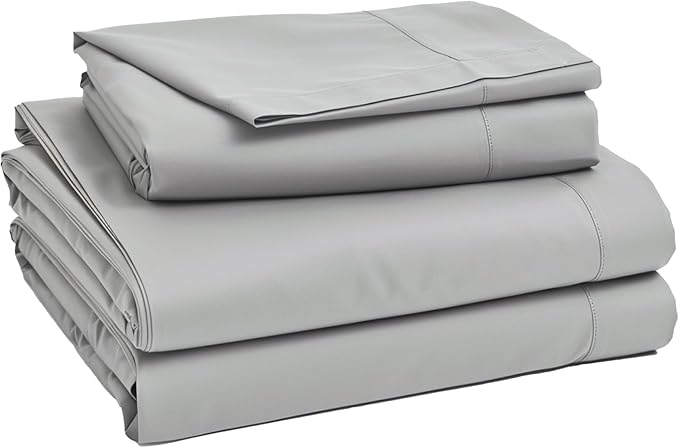
Enjoy the silky feel of Birch & Moon’s 100% Egyptian cotton queen sheets. With a high 1200 thread count and sateen weave, this bedding set provides a soft, refined texture, enhancing your sleep environment.
What Do 500, 700, and 1000 Thread Count Mean?
Thread count is one of the most important factors people consider when buying cotton sheets. It refers to the number of threads woven into one square inch of fabric. Thread count can be a sign of quality, but it’s not the only factor that determines the feel of the sheets. Let’s break down what the numbers really mean:
Thread Count Basics
Thread count refers to the number of threads (both horizontal and vertical) woven together in a square inch of fabric. A higher thread count typically means a denser, softer, and more luxurious feel, as more threads are woven together.
- 500 Thread Count: Sheets with a 500 thread count are considered premium but still relatively affordable compared to higher thread counts. These sheets offer a good balance between softness and durability, making them a popular choice for many shoppers. They are breathable yet smooth to the touch and suitable for year-round use.
- 700 Thread Count: A 700 thread count sheet feels even more luxurious than a 500 thread count. The higher thread count results in a denser fabric that is even softer, smoother, and more durable. Sheets in this range are often favored for their silky texture and high-end, hotel-like quality. They tend to feel heavier than 500-thread count sheets, which some people enjoy, especially in cooler climates.
- 1000 Thread Count: A 1000 thread count sheet is typically at the top tier of luxury bedding. With a higher thread count, the fabric becomes significantly denser, thicker, and softer. These sheets are incredibly smooth and provide a heavier, more substantial feel, often compared to the kinds of sheets you’d find in a 5-star hotel. However, it’s important to note that the quality of the cotton used plays an equally important role—sheets with a high thread count but made from low-quality cotton can still feel stiff and rough.
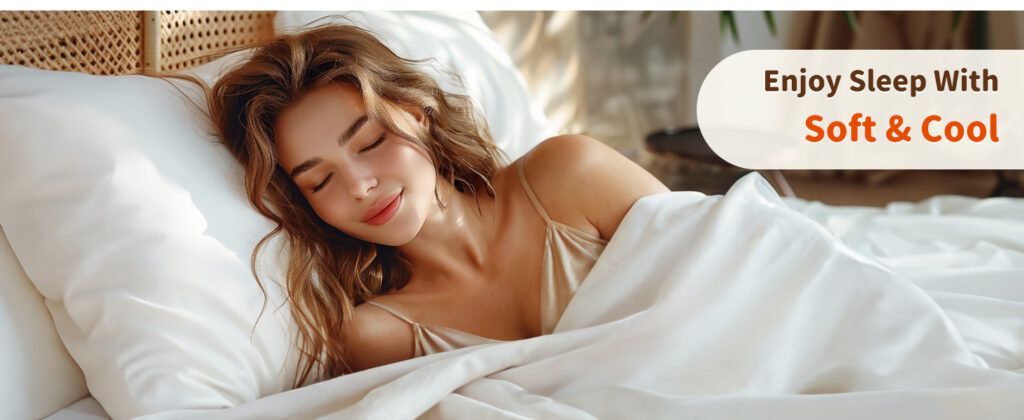
Does Higher Thread Count Always Mean Better Quality?
While a higher thread count is often associated with luxury, it’s not always the best indicator of quality. The material, type of cotton, and weaving process play a major role in the overall feel and durability of the sheets. For example:
- Quality of Cotton: Egyptian cotton is known for its long fibers, which can be spun more finely, allowing for a higher thread count without compromising the softness or durability of the fabric. Lower-quality cotton varieties may require a higher thread count to feel soft, but these sheets might not be as durable or as breathable as those made from Egyptian cotton.
- Weaving Process: The way the cotton is woven also matters. Percale weave, which is crisp and cool, might feel different than sateen weave, which has a softer, shinier finish. Both are excellent in their own right, but the feel and breathability can vary based on the weave.
- Thread Count Limitations: While thread count does matter, beyond a certain point (usually around 800-1000), additional thread count may not significantly increase softness or comfort. Some manufacturers may even inflate the thread count by twisting multiple threads into one, so always pay attention to the quality of cotton as well.
So, What’s the Right Thread Count for You?
If you’re choosing sheets based on thread count, keep in mind that comfort is subjective. Here’s a quick guide to help you choose the perfect sheets for your needs:
- For a balance of softness, breathability, and durability: Go with 500 thread count Egyptian cotton sheets. They offer a luxurious feel without being overly expensive.
- For a heavier, silkier feel: Opt for 700 thread count sheets. They’re perfect if you love that plush, hotel-quality experience.
- For ultimate luxury and weight: Choose 1000 thread count Egyptian cotton sheets. These are the ultimate in softness and smoothness if you prefer a thicker, more substantial feel.
At the end of the day, Egyptian cotton with a thread count that fits your personal preferences will give you the best chance for achieving that restful, comfortable night’s sleep you deserve. Happy shopping for your perfect bedding!

